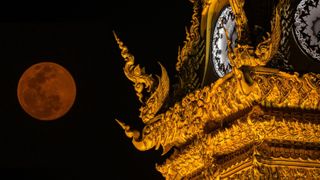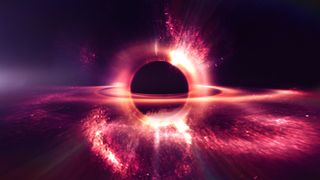Science News: Recent scientific discoveries and expert analysis
Latest news
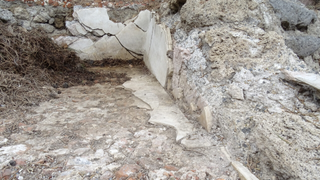
Romans regularly soaked in filthy, lead-contaminated bath water, Pompeii study finds
By Kristina Killgrove published
A study of limescale buildup in an early bathing facility at Pompeii has revealed that the water was replaced only once per day.
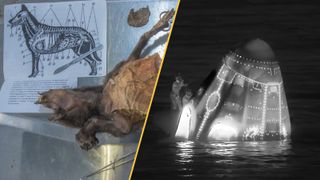
Crew-11 emergency return, Mars Sample Return cancellation, shrinking river deltas, and an ancient wolf mystery.
By Ben Turner published
Science news this week Jan. 17, 2026: Our weekly roundup of the latest science in the news, as well as a few fascinating articles to keep you entertained over the weekend.
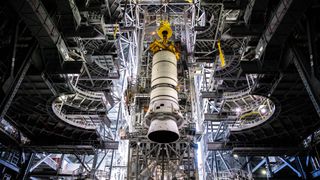
Watch NASA roll its historic Artemis II moon rocket to the launch pad this weekend
By Ben Turner published
NASA's Artemis 2 rocket will roll out Saturday (Jan. 17) ahead of a possible Feb. 6 launch. Here's how to watch.
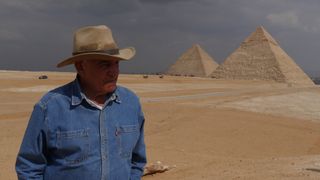
Nefertiti's tomb close to discovery, famed archaeologist Zahi Hawaas claims in new documentary
By Owen Jarus published
Zahi Hawass says he hopes to discover the tomb of Nefertiti before he retires, and he believes he's getting close.
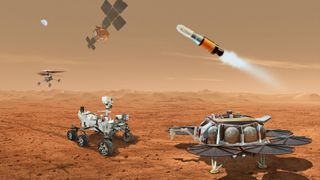
NASA's Mars Sample Return is dead, leaving China to retrieve signs of life from the Red Planet
By Patrick Pester published
NASA's plans for Mars sample return are effectively cancelled as part of a bill approved by the U.S. Congress, ending efforts to collect Perseverance rover samples that could contain evidence of alien life.
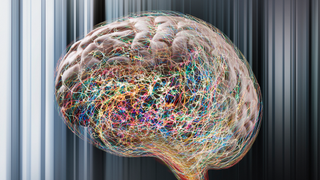
'Zombie' cells may drive common form of epilepsy
By RJ Mackenzie published
Scientists are unraveling the role of senescent cells in a common form of epilepsy, and it could point to new treatments.
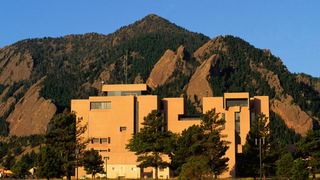
Forced closure of premier US weather-modeling institute could endanger millions of Americans
By Jane Palmer published
From high-wind forecasts and wildfire behavior to floods, aviation hazards, air quality and space weather, science developed at the National Center for Atmospheric Research informs decisions that aim to reduce risk.
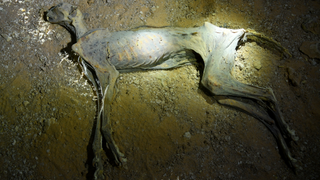
Ancient mummified cheetahs discovered in Saudi Arabia contain preserved DNA from the long-lost population
By Sarah Wild published
Cheetahs vanished from Saudi Arabia half a century ago. Now long-dead mummified big cats may help herald their return.
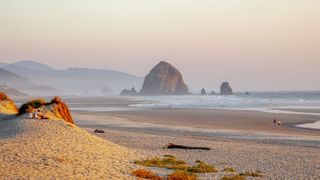
Scars from ancient 'megaquakes' at Cascadia subduction zone discovered in deep-sea landslides
By Stephanie Pappas published
Large subduction-zone earthquakes leave scars on the continental slope in the deep sea.

Tapping into new 'probabilistic computing' paradigm can make AI chips use much less power, scientists say
By Fiona Jackson published
A new digital system allows operations on a chip to run in parallel, so an AI program can arrive at the best possible answer more quickly.
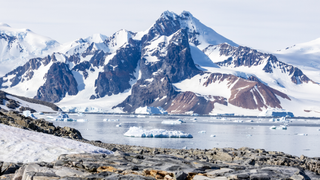
New map of Antarctica reveals hidden world of lakes, valleys and mountains buried beneath miles of ice
By Olivia Ferrari published
The map shows diverse geological features shaping Antarctic glaciers from below, which can improve climate models of ice melt.
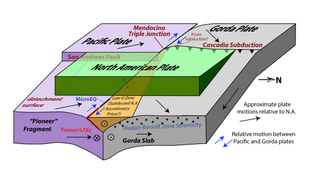
Fragment of lost tectonic plate discovered where San Andreas and Cascadia faults meet
By Stephanie Pappas published
A hidden chunk of an ancient tectonic plate is stuck to the Pacific Ocean floor and sliding under North America, complicating earthquake risk at the Cascadia subduction zone.

These genes were thought to lead to blindness 100% of the time. They don't.
By Stephanie Pappas published
New research finds that retinal diseases thought to map one-to-one to genetic mutations are more complicated than that.
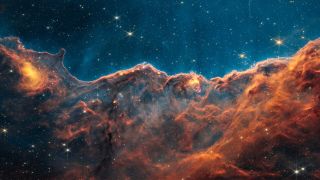
Our model of the universe is deeply flawed — unless space is actually a 'sticky' fluid
By Paul Sutter published
Our best models of the cosmos don't add up — but that could change if the universe is actually made of a viscous 'fluid,' a new paper suggests.
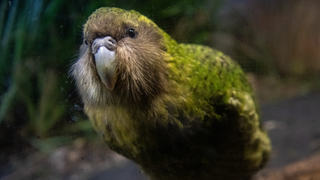
Rare nocturnal parrots in New Zealand are breeding for the first time in 4 years — here's why
By Skyler Ware published
The 2026 breeding season for endangered kākāpō could produce the most chicks in decades.
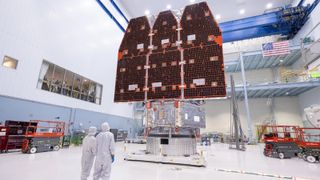
NASA's powerful new Roman Space Telescope is complete — and will soon begin mission to find 100,000 alien worlds
By Harry Baker published
New photos show off NASA's newly constructed Roman Space Telescope, which will soon help researchers unravel the mysteries of the cosmos. Experts have also revealed when the next-gen spacecraft is set to launch and begin collecting data.
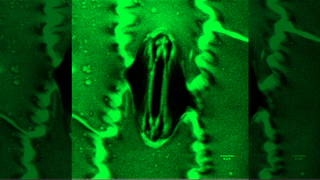
Scientists watch microscopic plant 'mouths' breathing in real time with palm-sized tool
By Sarah Wild published
Scientists say their Stomata In-Sight tool can observe plants "breathe," which could be used to bioengineer crops that require less water, making them potentially more resilient to climate change.
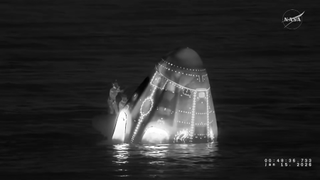
NASA astronauts back on Earth after unprecedented medical emergency on ISS
By Patrick Pester published
The SpaceX Crew-11 Dragon spacecraft splashed down this morning as four astronauts completed an unprecedented medical evacuation of the International Space Station (ISS).
Get the world’s most fascinating discoveries delivered straight to your inbox.
 Live Science Plus
Live Science Plus





